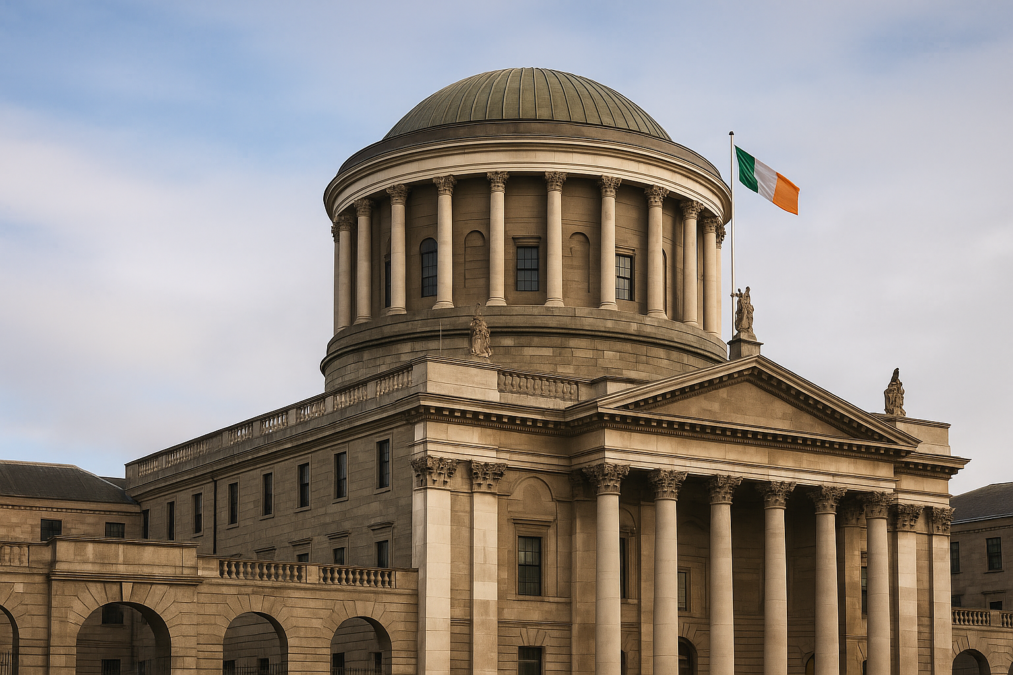High Court Extends Protective Orders for Vulnerable Child Under Tusla Supervision
The President of the High Court, Mr. Justice David Barniville, has extended a series of protective orders. These orders were granted to Tusla, the Child and Family Agency. They concern the welfare of a highly vulnerable minor currently under court supervision.
The orders were originally made late last week. They were extended during a private hearing on Tuesday in the High Court in Dublin. The move follows continued concern for the child’s immediate safety and wellbeing.
The orders were first issued on Thursday according to court sources. This was done under the High Court’s minor wardship jurisdiction. This jurisdiction allows the court to intervene in urgent situations where a child’s welfare is at serious risk. Those orders were then reviewed and slightly amended on Friday, and have now been formally extended again.
Court Proceedings Held in Private
The hearings took place in camera (privately), as permitted under Irish law governing child protection proceedings. Such confidentiality aims to protect the identity and privacy of minors involved in sensitive legal matters.
The child was represented by a court-appointed guardian ad item (advocate), ensuring her voice was heard in the proceedings. Both parents were legally represented. The Health Service Executive (HSE) was also represented. It provided additional input regarding the child’s medical and social needs.
Media Application for Reporting Clarity
At the earlier hearing on Friday, legal representatives for The Irish Times applied to the court. They sought clarification on reporting restrictions related to the case. RTÉ and Mediahuis were also involved.
While the court maintained strict confidentiality over the child’s identity and specific details, Mr. Justice Barniville ruled that the fact of the hearings and the existence of the court orders be reported. This directive has since been reaffirmed for Tuesday’s session.
The precise nature of the child’s circumstances has not been disclosed. This is in keeping with the Children Act and related legislation. These laws restrict the publication of any information to identify a minor in child welfare or warship proceedings.
Background on Warship and Tusla’s Role
Under Irish law, warship orders allow the High Court to take on legal responsibility for a minor’s welfare. The court can assume this role if the minor is deemed at risk. It is granted the power to make decisions in the child’s best interests. Tusla, the national child and family agency, frequently applies for such orders when urgent protection is required.
Legal experts note that these proceedings represent one of the highest forms of child protection intervention available in Ireland’s courts.
Next Steps
The case is expected to return before the High Court in the coming weeks for further review. Until then, the extended orders remain in place to ensure the child’s continued safety and care.
Because of the court’s direction, specific details cannot be published. This includes the child’s location, family background, or specific nature of the risk.

